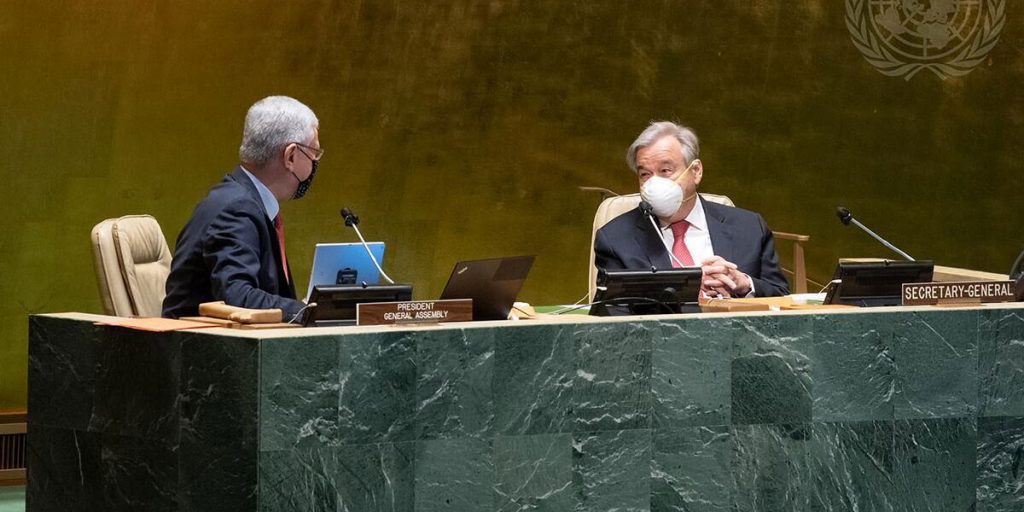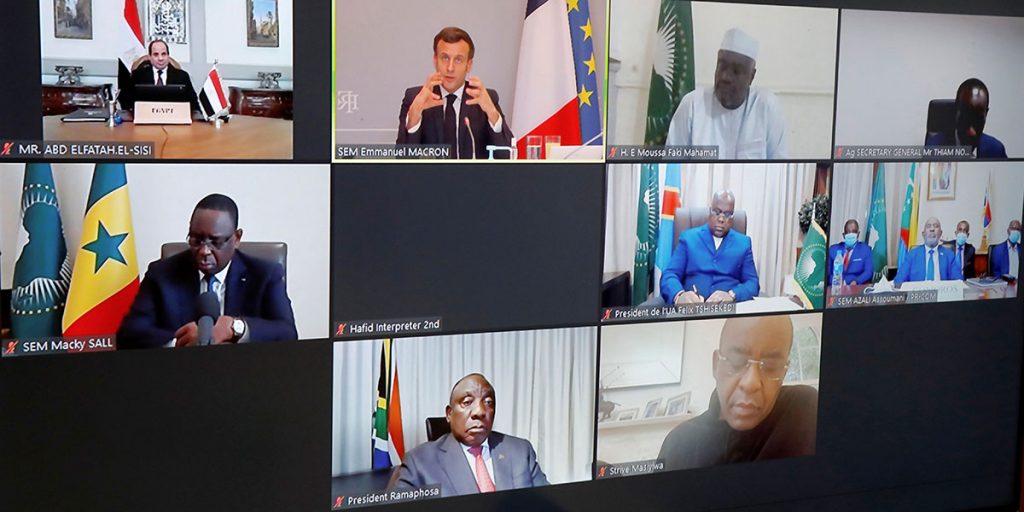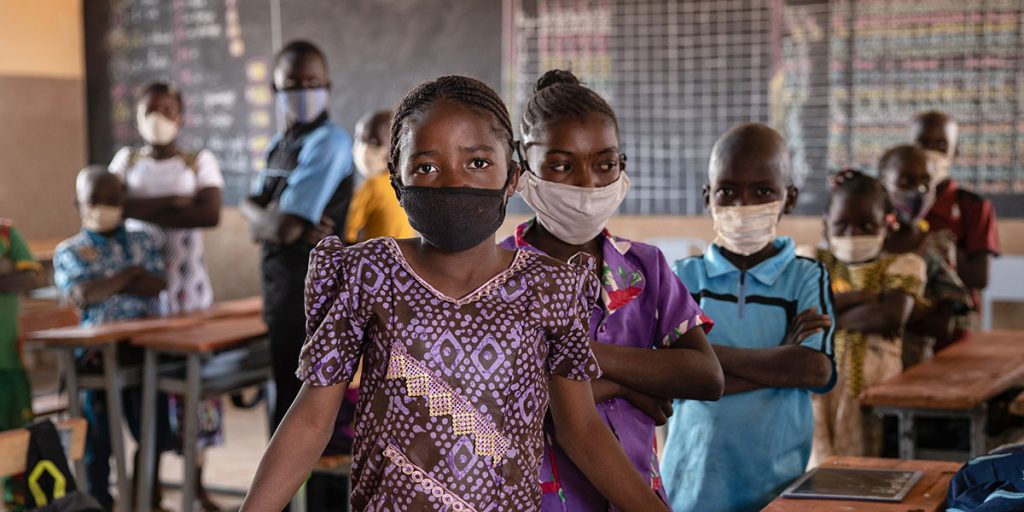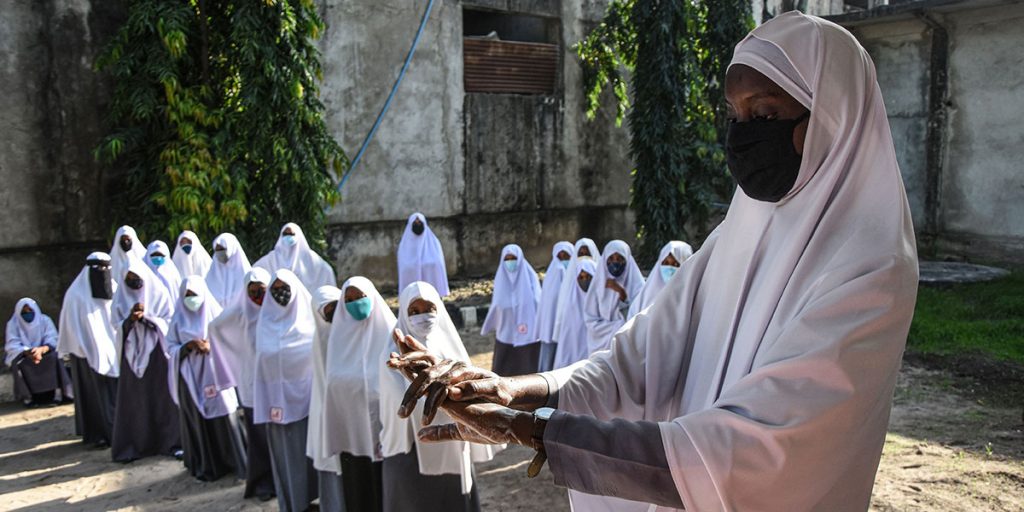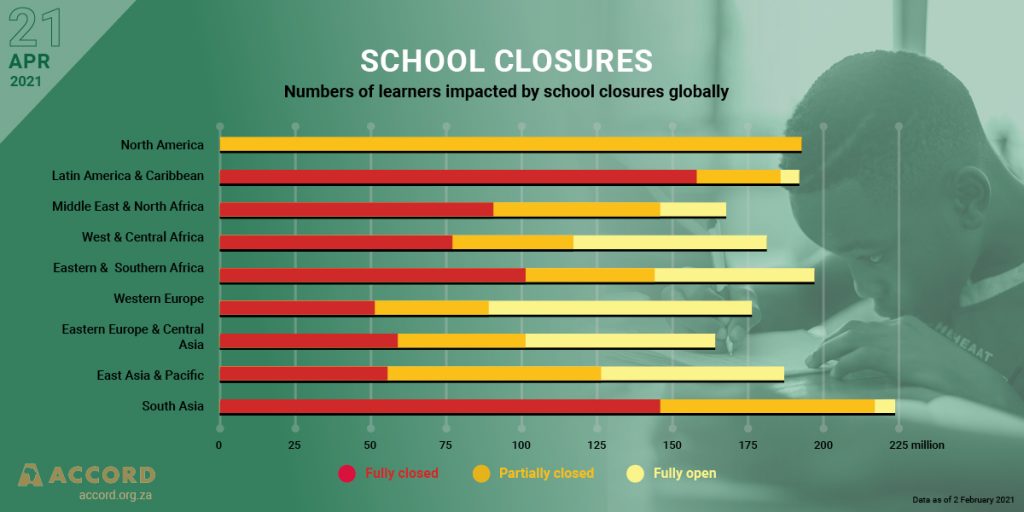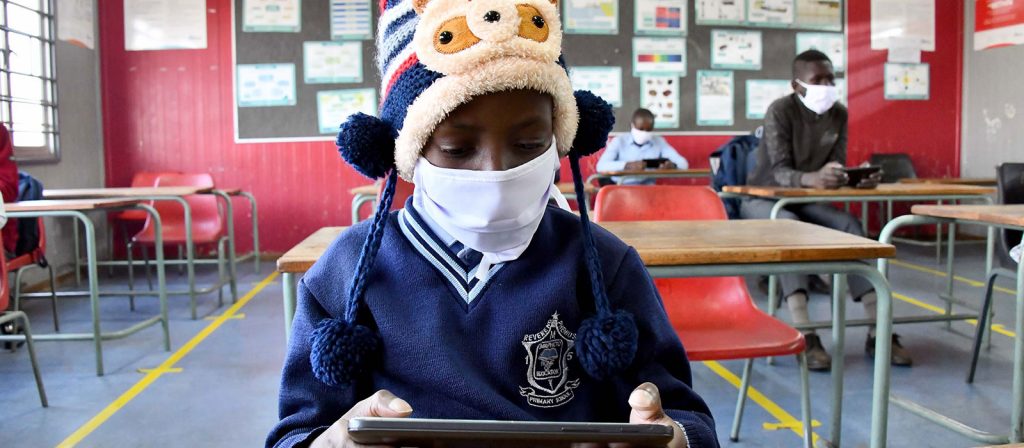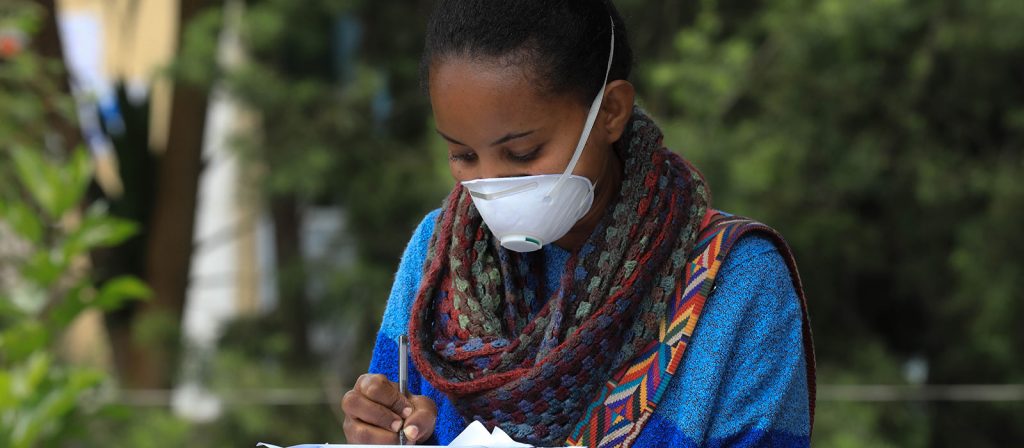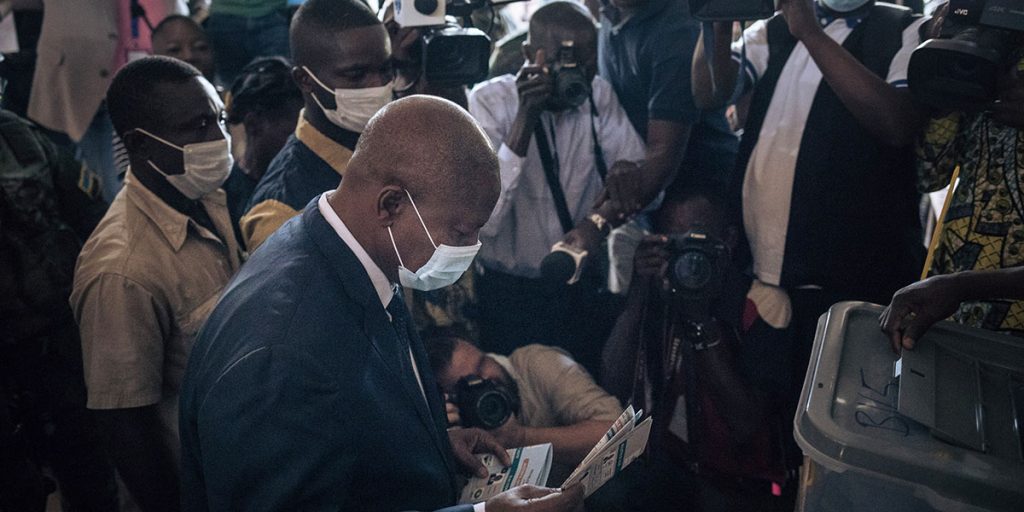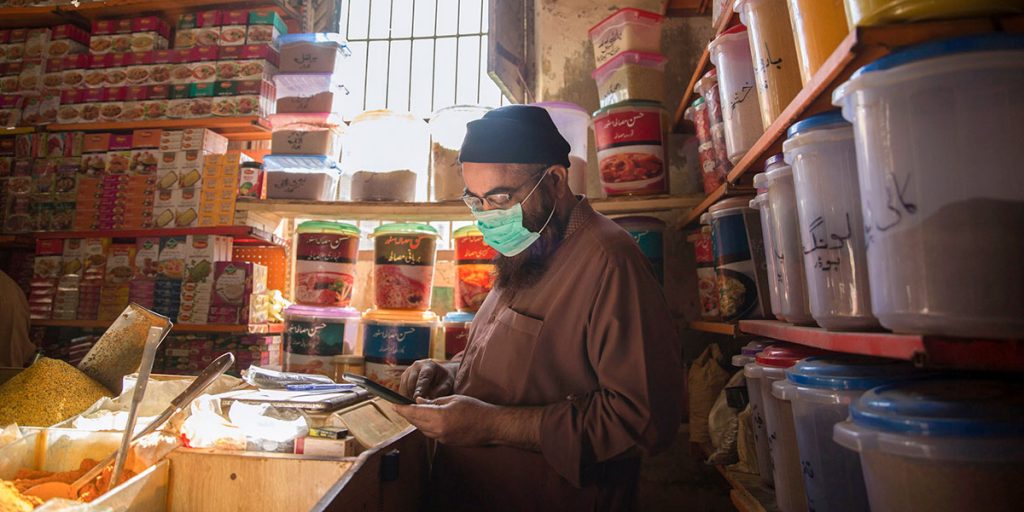
COVID-19 in Africa: One Year later
On the 8th of May 2021 the African Union (AU) and the Africa Centres for Disease Control and Prevention (Africa CDC) convened a high level emergency meeting of African ministers. The purpose of the meeting was to review and reflect on the impact that COVID-19 has had on Africa and evaluate the implementation of the Joint Continental Strategy to combat the virus.

